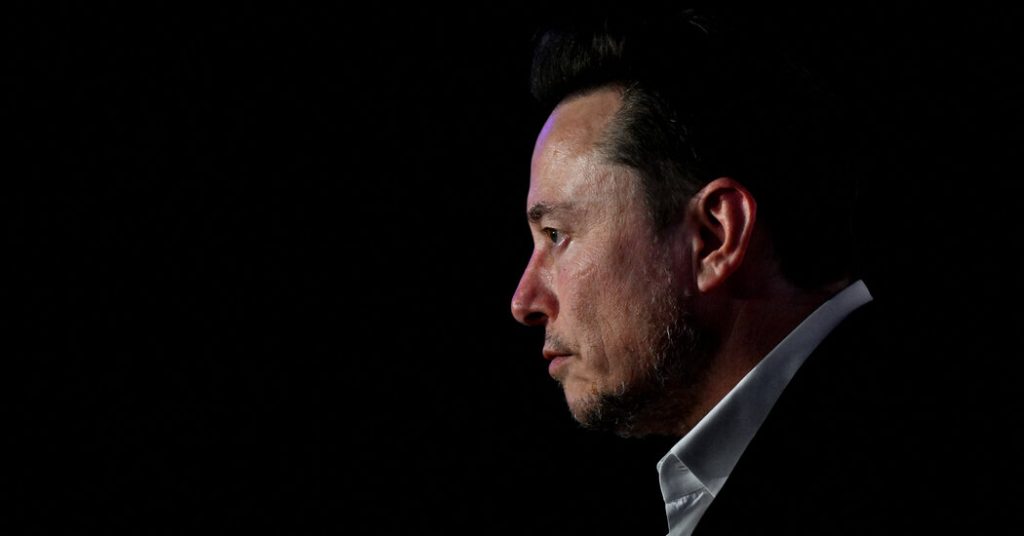Tesla reported a 55 percent decrease in profit, to $1.1 billion, in the first quarter of 2023 due to lower car sales, which also led to a 9 percent decline in revenue. The company had announced layoffs of over 10 percent of its global workforce, indicating struggles to align costs with shrinking revenue. Despite boasting one of the best profit margins in the industry a year earlier, Tesla has faced the need to cut prices to drive sales, resulting in a 5.5 percent operating profit margin last quarter.
Investors are increasingly concerned that Tesla’s declining sales and profit could signify larger issues, such as failing to compete effectively with rivals. Elon Musk’s recent focus on autonomous driving technology and the Robotaxi raised doubts about the company’s plans to develop a new, affordable model that could expand its customer base. Tesla aims to launch a lower-priced vehicle next year, incorporating new components while utilizing existing ones to reduce production costs and avoid the need for additional factories.
Tesla attributed its sales drop to various factors, including global supply chain disruptions, a factory fire near Berlin, and the release of a new Model 3 version in Fremont. The company also faced competition from hybrid vehicles from other automakers, impacting sales of fully electric vehicles. Despite these challenges, Musk expressed optimism that the second quarter would perform better and postponed a planned trip to India to address pressing Tesla matters urgently.
The Cybertruck, Tesla’s newest vehicle, has struggled to gain traction, with limited sales indicating it may not contribute significantly to the company’s growth. The prospects for the Robotaxi, a long-term goal for Tesla, remain uncertain due to regulatory hurdles and questions around autonomous technology reliability. Musk emphasized Tesla’s evolution into an AI and robotics-focused company, highlighting its broader technological capabilities beyond car manufacturing.
Meanwhile, established automakers like General Motors are making progress in electric vehicle production, posing a competitive threat to Tesla. G.M. reported a 24 percent increase in profits for the first quarter, driven by its gasoline-vehicle business but also transitioning towards profitable electric vehicle sales later in the year. Tesla’s recent events, like the board’s decision to reinstate a voided pay package for Musk and plans to move corporate domicile to Texas, have sparked further scrutiny of the company’s leadership and strategic direction.
Despite recent challenges, Tesla’s share price saw an uptick after its first-quarter earnings report, signaling investor optimism about the company’s future plans. Musk defended Tesla’s price cuts as necessary to balance production with demand and reiterated the company’s commitment to developing more affordable electric vehicles. However, concerns persist about Tesla’s ability to stay competitive in the rapidly evolving electric vehicle market and deliver on its ambitious technological promises.


